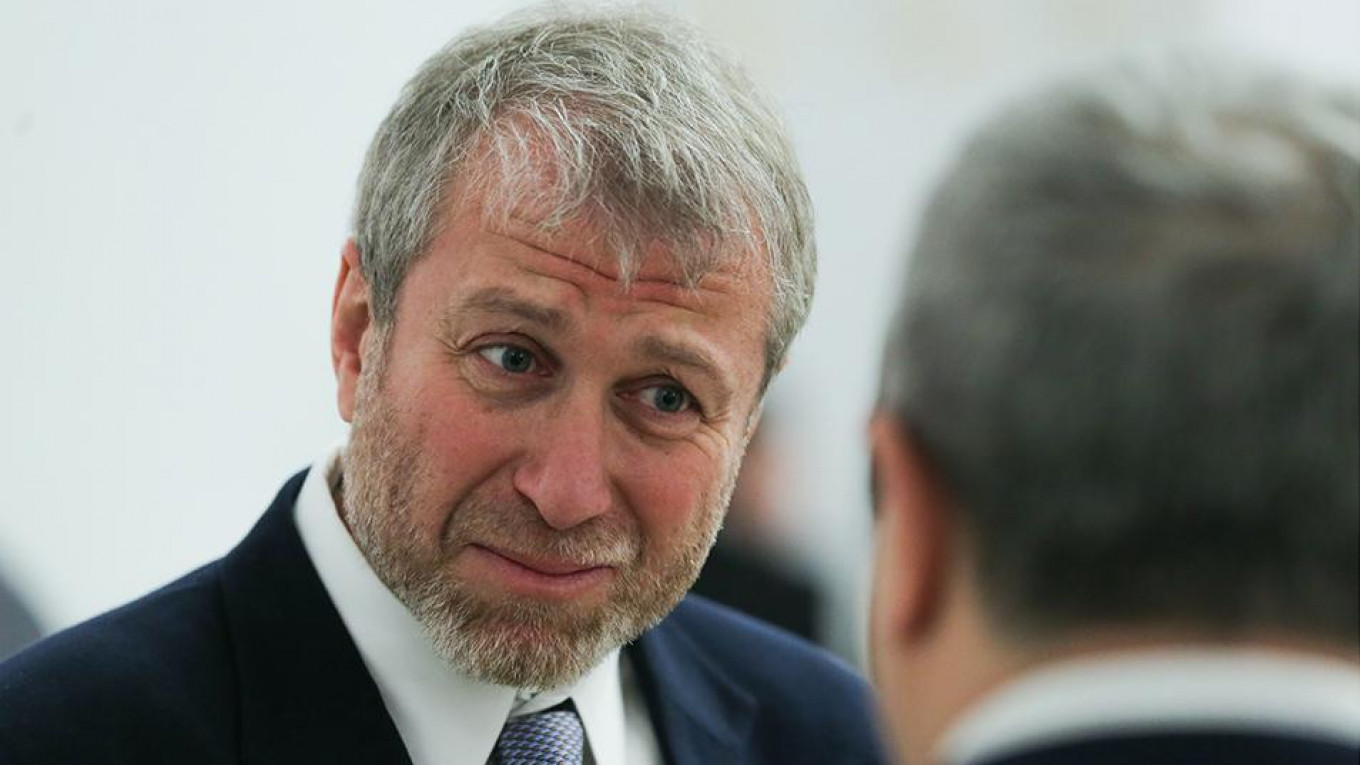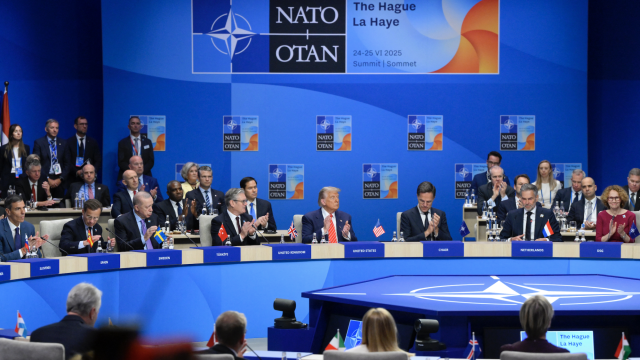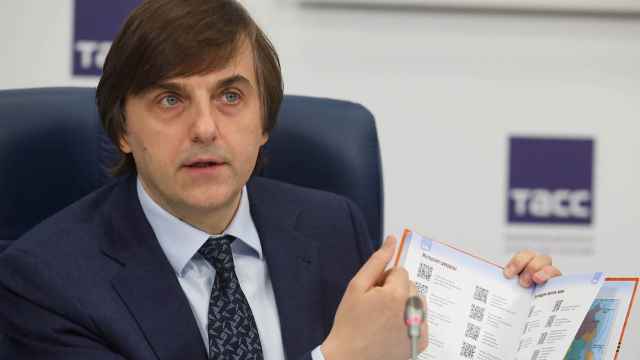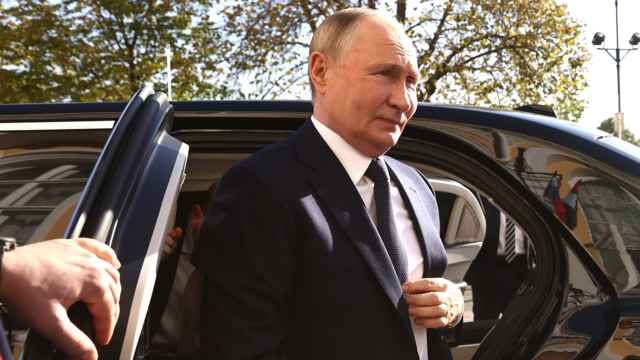Visa woes
An expired visa kept Russian billionaire Roman Abramovich from attending his Chelsea football club’s FA Cup final match in London. Relations between Britain and Russia hit a low after London accused Moscow of poisoning former double-agent Sergei Skripal in Britain in March.
Although the application is taking longer than usual, British authorities are expected to renew Abramovich’s visa, one of two sources familiar with the matter told Reuters.
Terror attack
An attack on an Orthodox Church in Russia’s Chechen republic has left two policemen and a churchgoer dead, as well as four attackers.
The Islamic State terrorist group claimed responsibility for the attack while Chechen leader Ramzan Kadyrov suggested that the attackers had “received orders from one of the Western countries.”
Paid bills
Sanctions-hit Russian tycoon Viktor Vekselber and his Renova Group have repaid loans totaling over $1 billion to three Western banks, which had until early June to avoid being hit by sanctions themselves.
The loans were repaid to JP Morgan, Credit Suisse and UBS after Renova received a credit line from Russia’s Promsvyazbank, a lender taken over by the Central Bank and earmarked to provide credit to sanctioned entities.
Anti-torture rally
Several hundred activists gathered in St. Petersburg to draw attention to “the use of torture by police and FSB members, which has become the norm.”
“World Cup of Torture,” read one of the banners featured in the demonstration organized by the Rupression.com collective as Russia prepares to host the FIFA 2018 football championship next month.
Navalny’s party
Supporters of opposition leader Alexei Navalny, who is serving a 30-day prison sentence for organizing anti-government rallies ahead of President Vladimir Putin’s inauguration, have chosen the name “Russia of the Future” for his political party as it seeks legal registration.
A Message from The Moscow Times:
Dear readers,
We are facing unprecedented challenges. Russia's Prosecutor General's Office has designated The Moscow Times as an "undesirable" organization, criminalizing our work and putting our staff at risk of prosecution. This follows our earlier unjust labeling as a "foreign agent."
These actions are direct attempts to silence independent journalism in Russia. The authorities claim our work "discredits the decisions of the Russian leadership." We see things differently: we strive to provide accurate, unbiased reporting on Russia.
We, the journalists of The Moscow Times, refuse to be silenced. But to continue our work, we need your help.
Your support, no matter how small, makes a world of difference. If you can, please support us monthly starting from just $2. It's quick to set up, and every contribution makes a significant impact.
By supporting The Moscow Times, you're defending open, independent journalism in the face of repression. Thank you for standing with us.
Remind me later.






